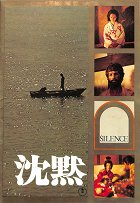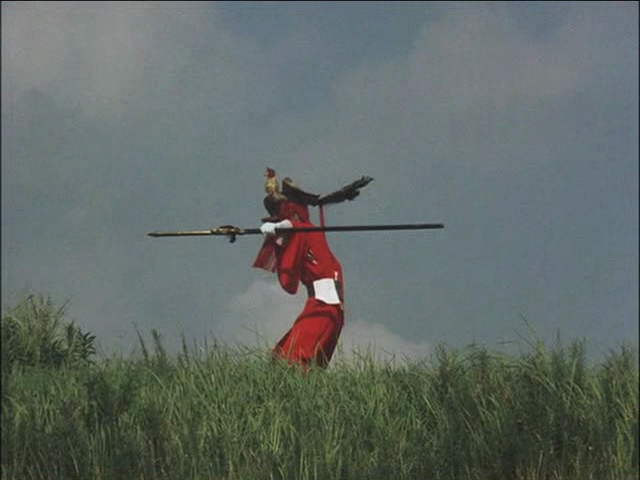Reżyseria:
Masahiro ShinodaZdjęcia:
Kazuo MiyagawaMuzyka:
Tôru TakemitsuObsada:
David Lampson, Mako, 岩下志麻, Tetsurô Tamba, Yoshiko Mita, 加藤嘉, 伊達三郎, 稲葉義男, Rokkô Toura, Junshi ShimadaOpisy(1)
Adapted from the renowned novel by Shusaku Endo, Masahiro Shinoda's 1971 film Silence (Chinmoku, co-written with Endo) explores the violent cultural conflict amid the arrival of Jesuit missionaries in seventeenth-century Japan. Shinoda's excellent direction coupled with a pensive score by the legendary Toru Takemitsu gives cinematic expression to inner spiritual paradox, and imbues with religious mystery a landscape that seems already sentient with wind, rain, and light. Two Portuguese priests disembark upon an anonymous Japanese shore. Under cover of nightfall, they seek to infiltrate those Christian sects driven underground by a ruthless magistracy, and re-establish the foothold of the Church on the isolated island-nation. Soon, however, the priests find themselves drawn into the mire of persecution, and gradually learn the truth behind the ominous disappearance of another Catholic missionary decades earlier... By way of a heavily made-up and polyglot Tetsuro Tanba (Assassination, Kwaidan, Samurai Spy), Silence builds toward a revelation that approaches the impact of Colonel Kurtz's entrance in Conrad's Heart of Darkness (or Marlon Brando's take on Kurtz in Coppola's Apocalypse Now). Rendered in a tender colour palette courtesy of master cinematographer Kazuo Miyagawa (Rashomon, Yojimbo, Ugetsu monogatari), Silence unearths lies and beauty at the intersection of religion and Japanese society. (oficjalny tekst dystrybutora)
(więcej)
